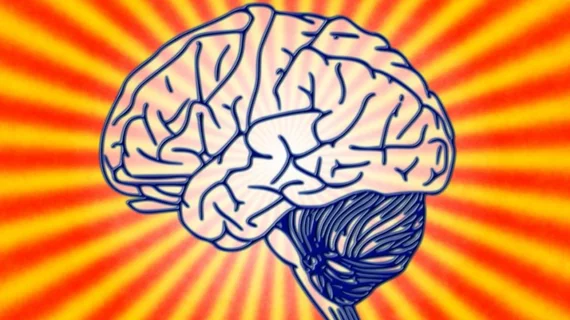Brain imaging reveals the power of imagination on memories
A new fMRI study showed evidence that the imagination can be a central tool in helping people to overcome their fear and anxiety-related disorders. The results were published in the journal Neuron.
"This research confirms that imagination is a neurological reality that can impact our brains and bodies in ways that matter for our wellbeing," said co-senior author Tor Wager, of the University of Colorado Boulder, in a news story from the university.
Sixty-eight participants were first conditioned to associate a sound with an uncomfortable electric shock. They were then separated into three groups and either played the same sound, asked to play the sound in their head or asked to imagine pleasant bird and rain sounds. None of the three activities were followed by an electric shock.
Using fMRI to measure brain activity and sensors placed on the skin recording body response, the team found similar brain activity in those who imagined and heard threatening sounds.
Following repeated exposure without electric shock, participants in the real and imagined threat group experienced “extinction,” a phenomenon in which the fear-inducing sound no longer prompted a fear response. The brain, according to the researchers, had “unlearned to be afraid.”
Those who imagined bird and rain sounds exhibited different brain reactions, and maintained their fear when presented with the original learned sound.
Overall, the researchers believe their study shows the imagination can be a useful tool for updating memories.
“Imagination is an important cognitive and emotion regulation tool that allows simulation of the real world,” concluded Wager et al. “This investigation demonstrates that imagined extinction can reduce learned responses to threat.”

